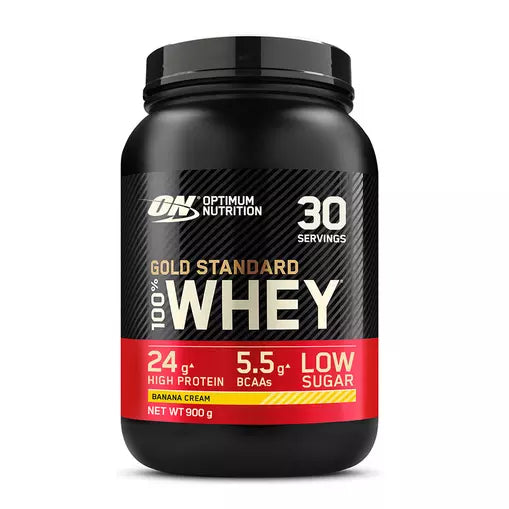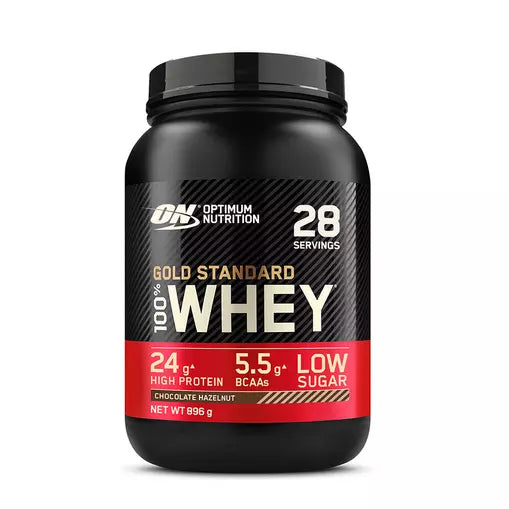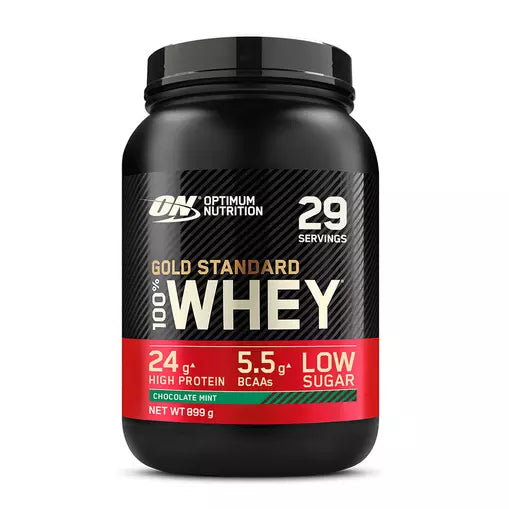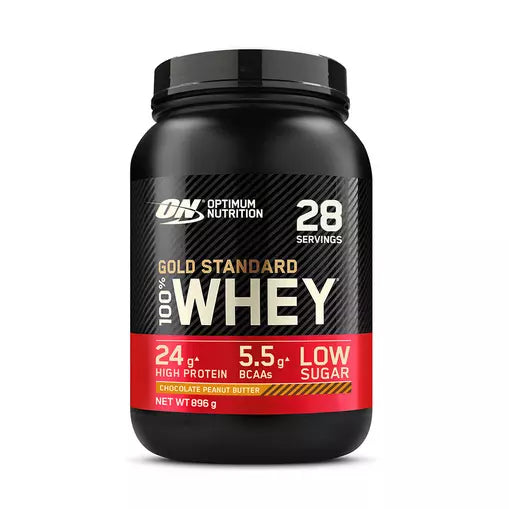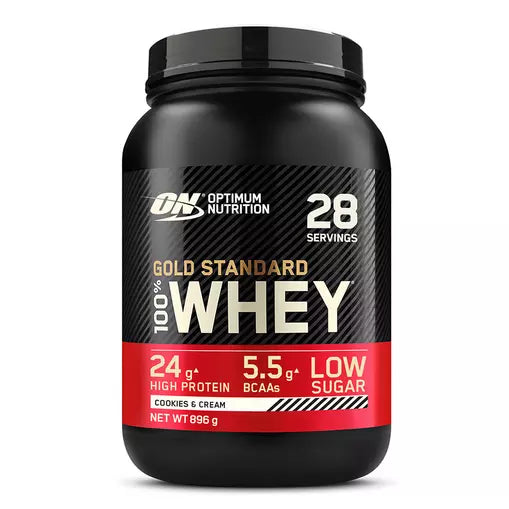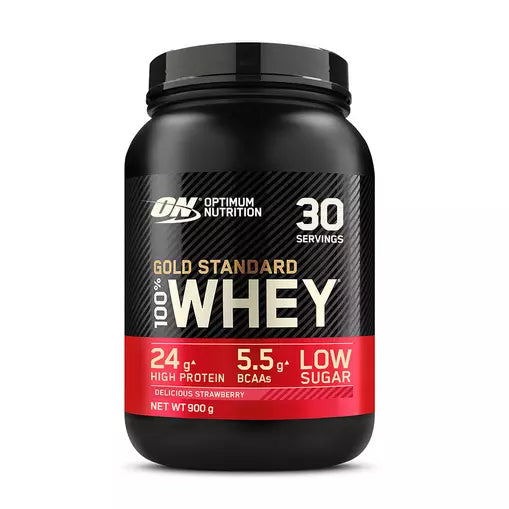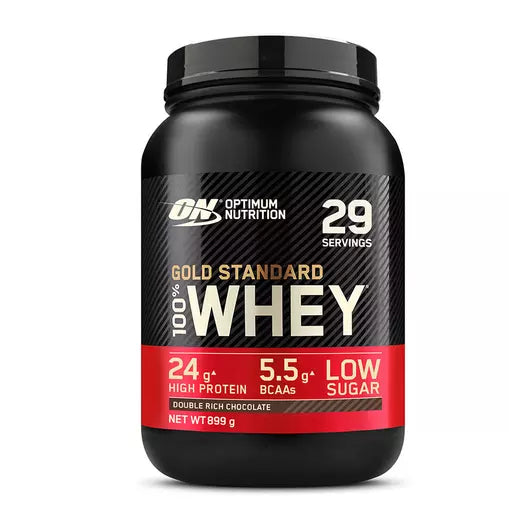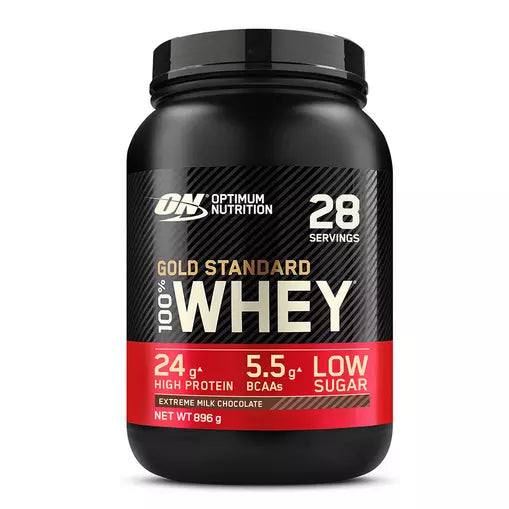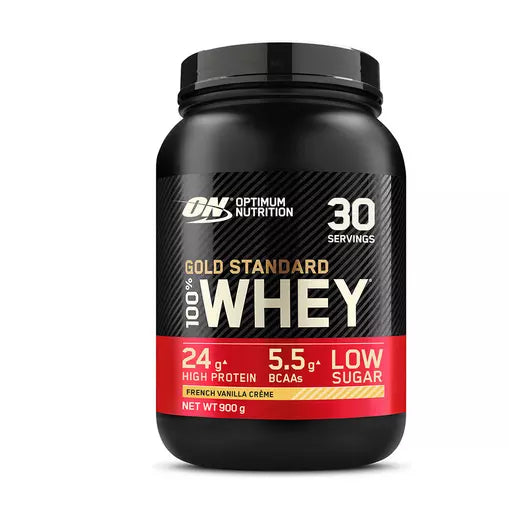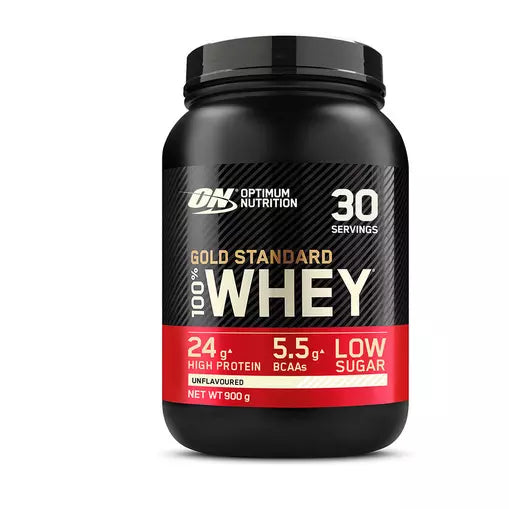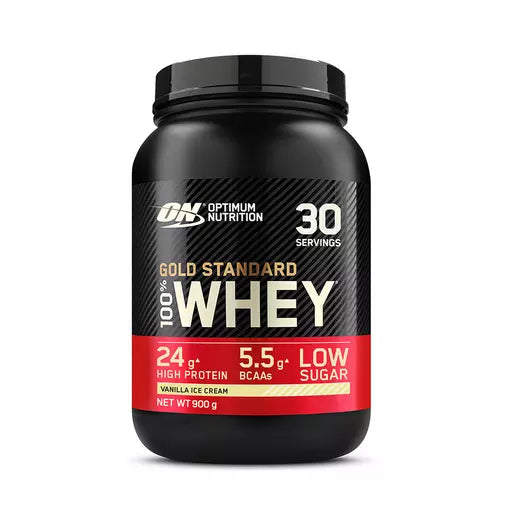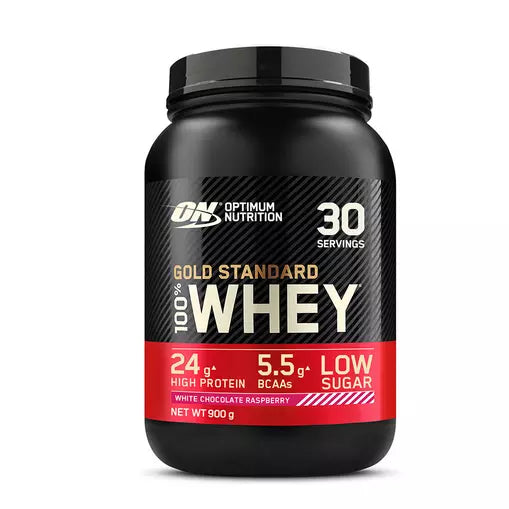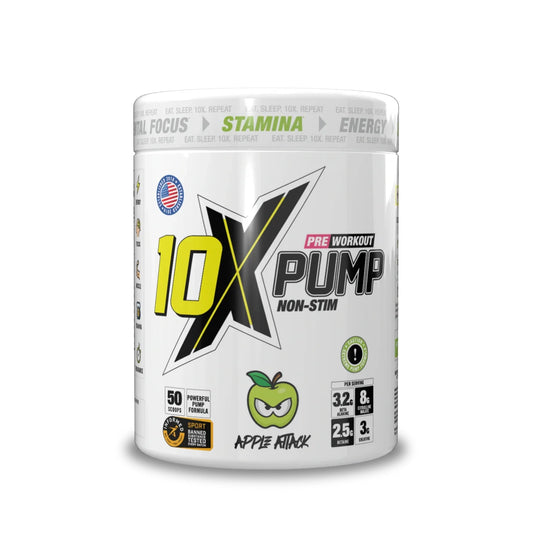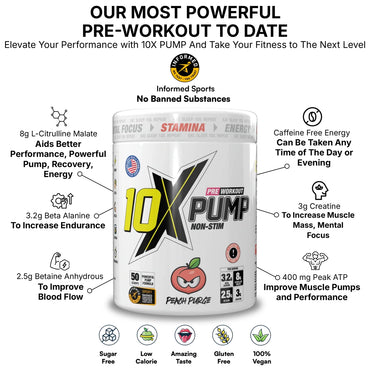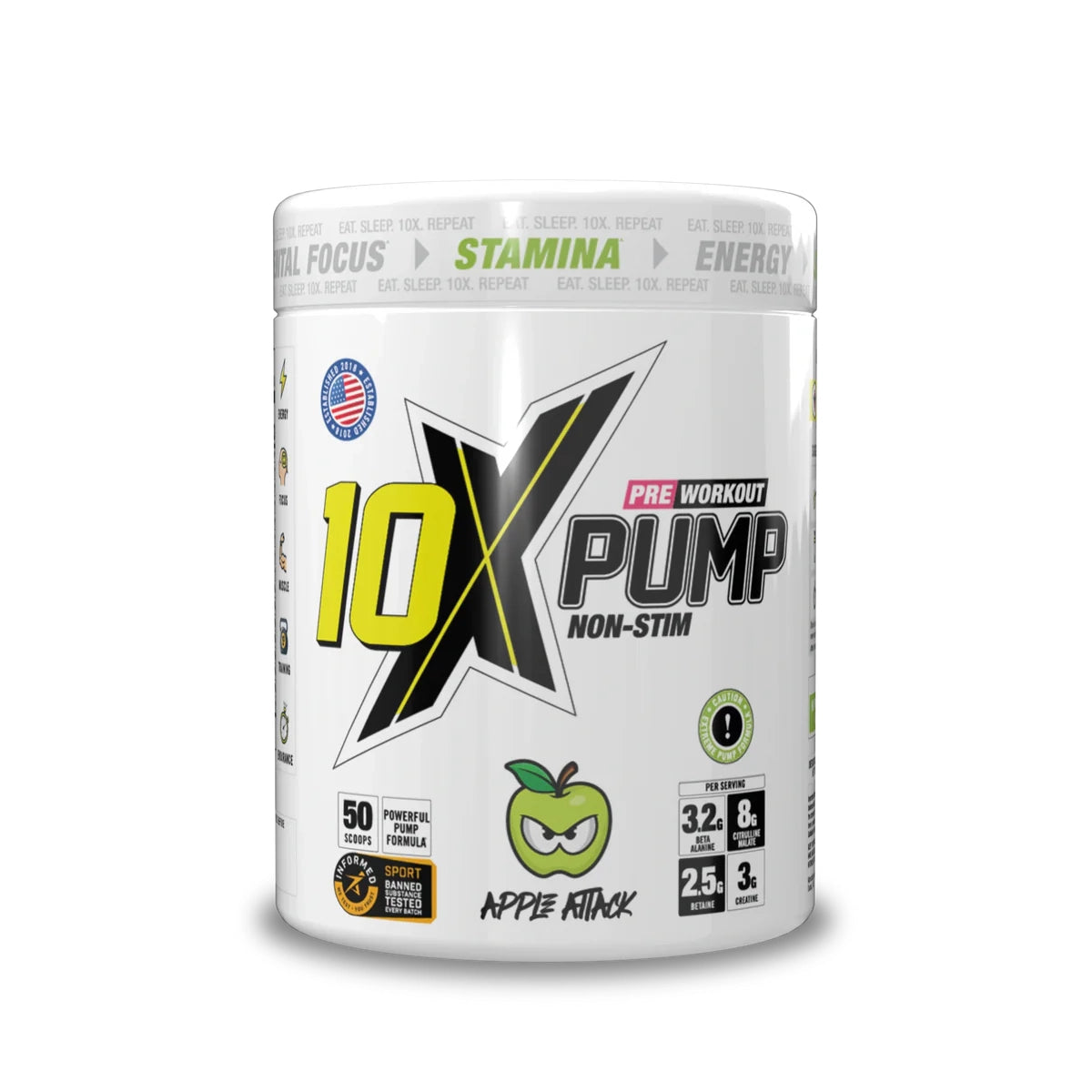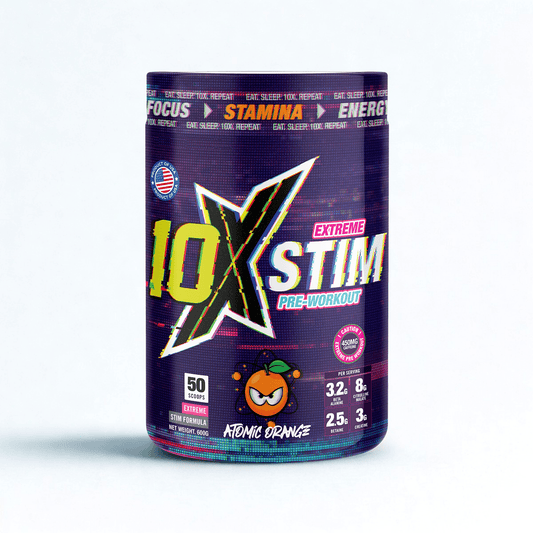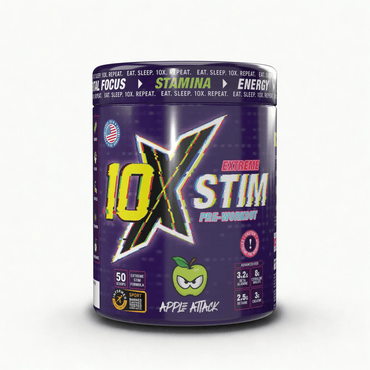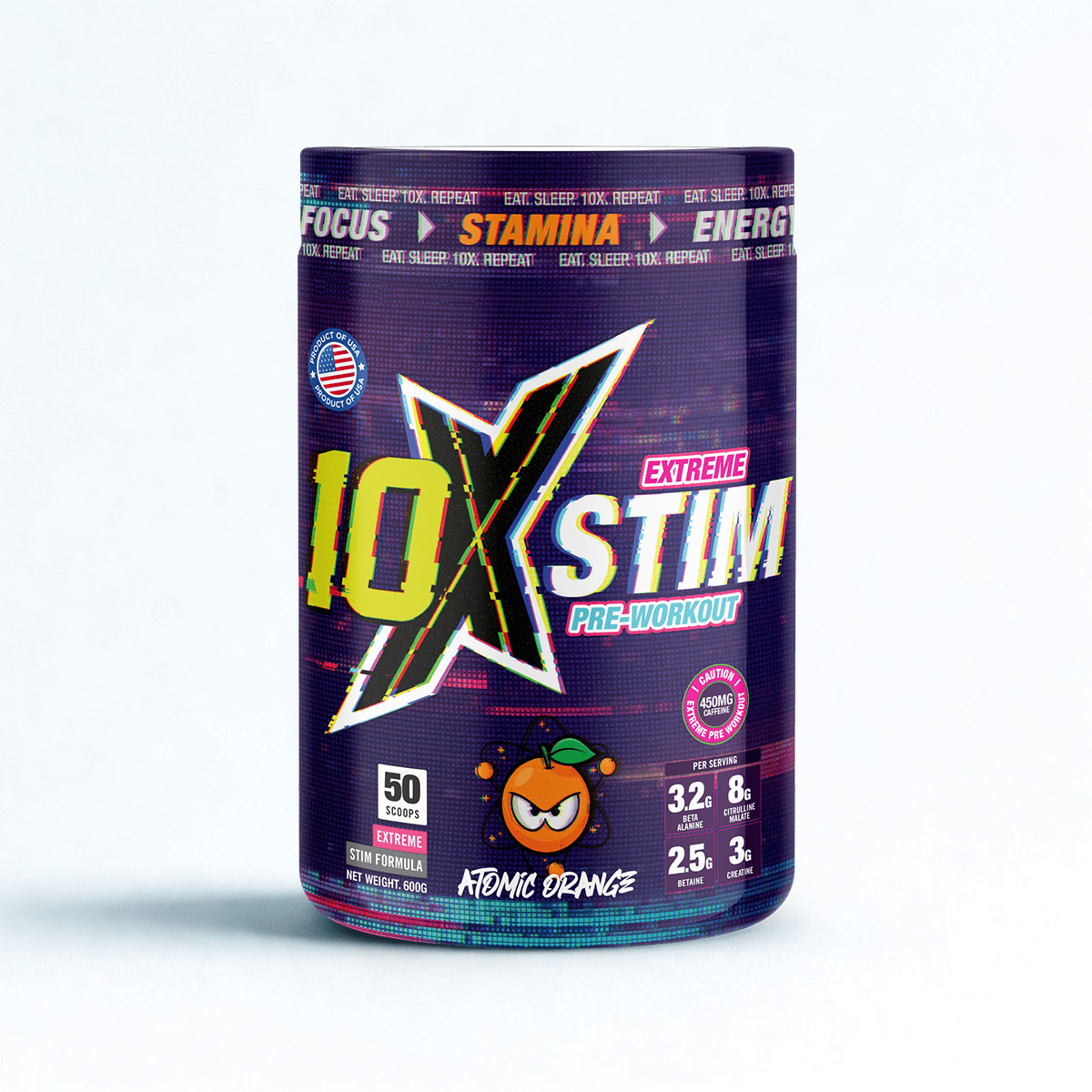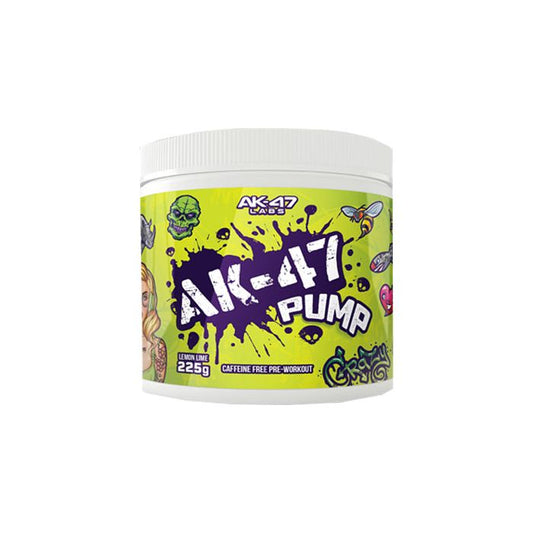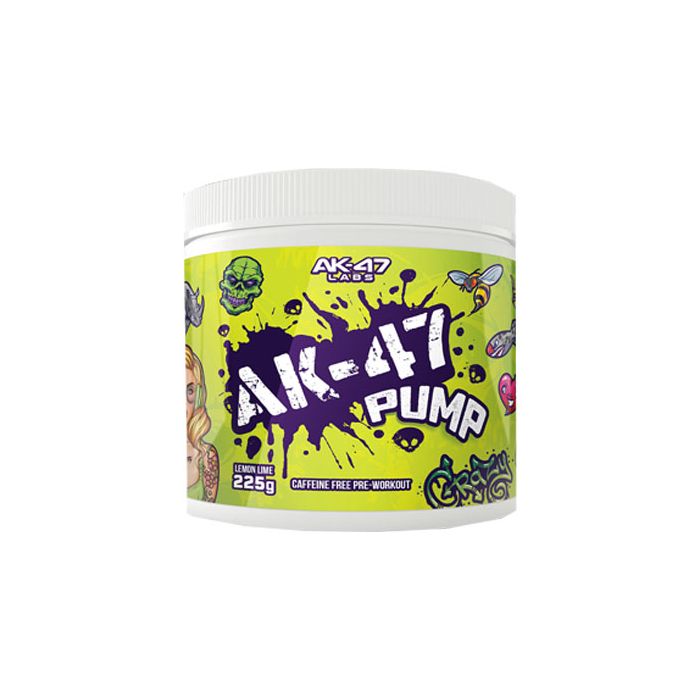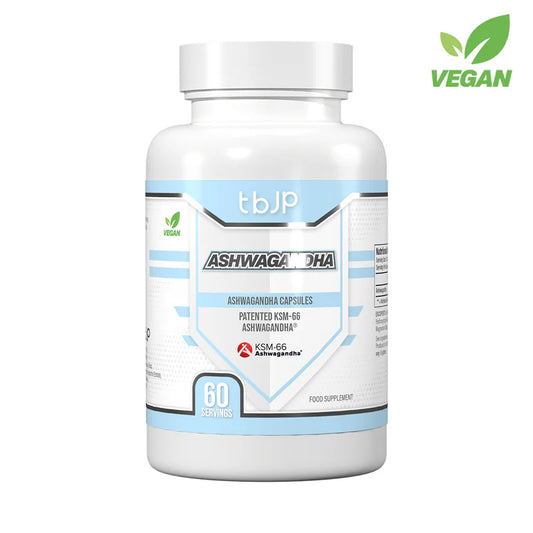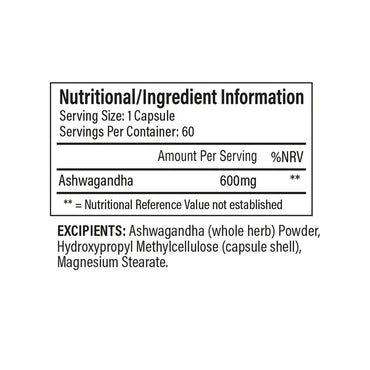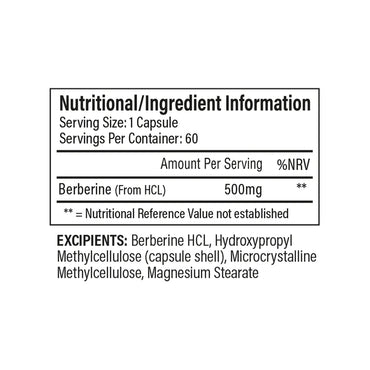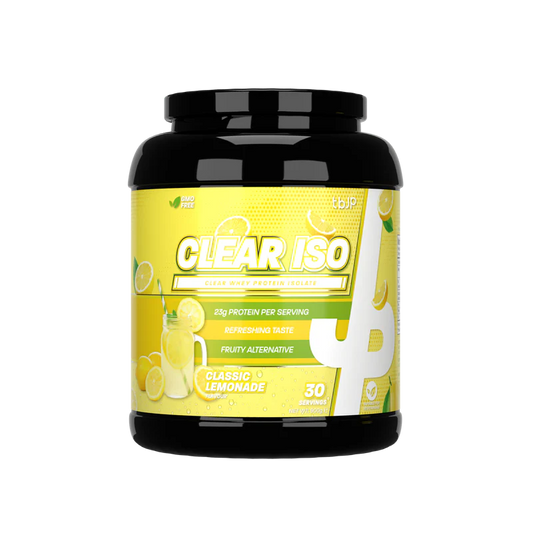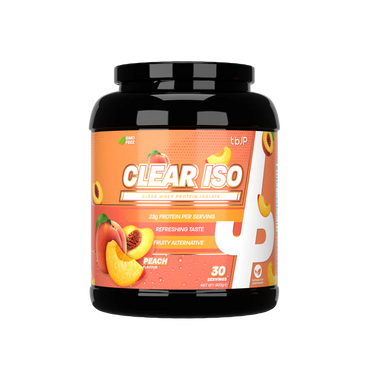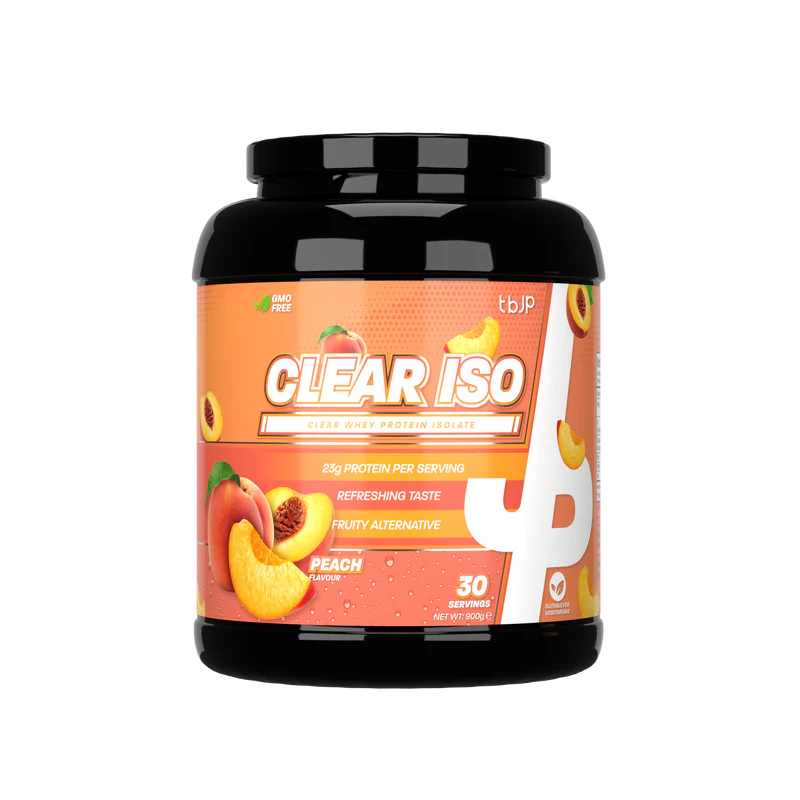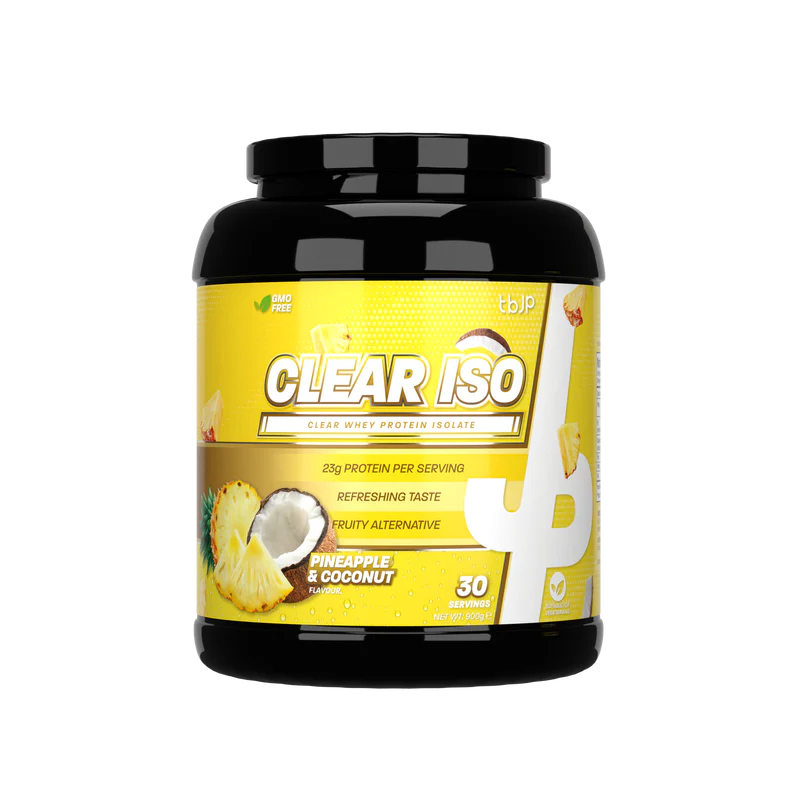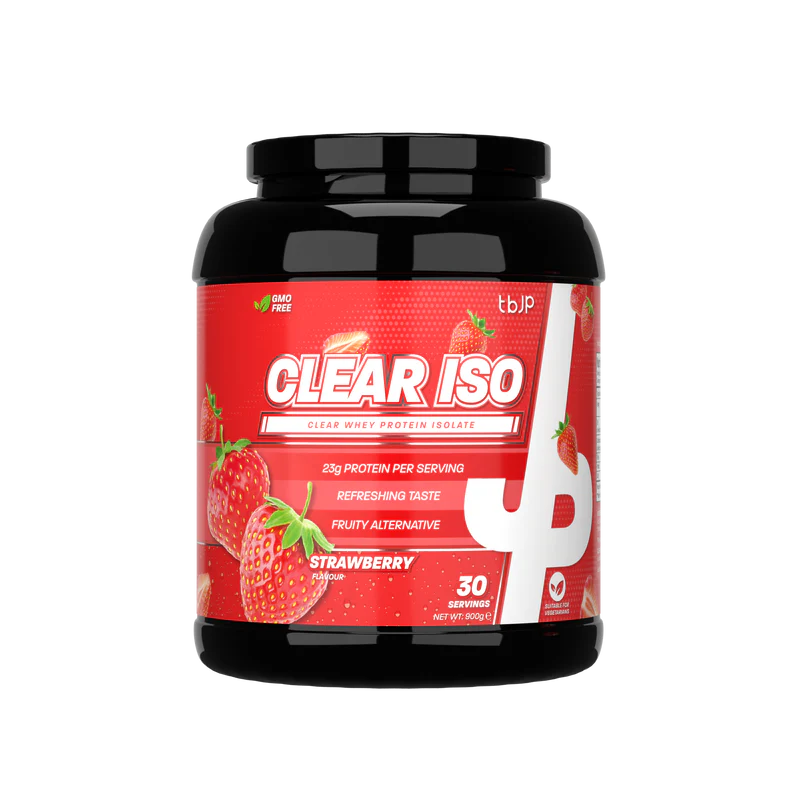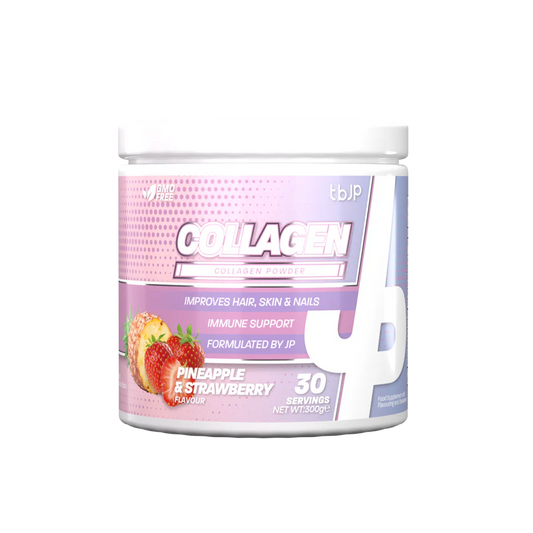This article is for informational and educational purposes only and does not constitute medical, nutritional, or fitness advice. Individual responses to supplements and ingredients can vary. Always read product labels and follow manufacturer directions. If you are pregnant, breastfeeding, under 18, have a medical condition, or take any medication, consult a qualified healthcare professional before using supplements. If you experience unwanted effects, stop use and seek professional advice.
Caffeine in Pre-Workout: What It Is, How It Works, and When People Commonly Take It
Caffeine is a widely used ingredient in many pre-workout supplements. It is commonly included because it is known for its stimulating effects and is often used by people who want to feel more alert before training. If you are considering a caffeinated pre-workout (or already use one), it can be helpful to understand how caffeine may affect your body, what potential drawbacks to watch for, and how timing can influence how you experience it.
Why Caffeine Is Used in Pre-Workouts
Caffeine is a stimulant that acts primarily through the central nervous system. In everyday terms, it can make some people feel more awake and switched on. In a training context, people often choose caffeine to support motivation, focus, or perceived energy during workouts. However, responses can vary significantly depending on factors such as tolerance, body size, diet, sleep, and individual sensitivity.
Potential Benefits People Report
Many users describe caffeine as helpful before exercise, especially when they feel tired or want additional mental focus. Commonly reported effects include:
- Increased alertness: some people feel more awake and ready to train.
- Improved focus: some people find it easier to concentrate during workouts.
- Perceived energy support: some people feel more motivated to start or complete training sessions.
It’s important to note that caffeine does not affect everyone the same way. Some people respond strongly to small amounts, while others may feel little difference.
Possible Drawbacks and Side Effects
While caffeine is widely used, it is not suitable for everyone. Some individuals are more sensitive and may experience unwanted effects, including:
- Jitters or restlessness
- Increased anxiety or feeling “on edge”
- Digestive discomfort
- Sleep disruption if taken too late in the day
- Headaches, especially if intake is inconsistent
If you notice any unwanted effects, reducing your intake, switching to a lower-stimulant option, or avoiding caffeine entirely may be a better approach.
Hydration Considerations
Caffeine can affect people differently, and some people may notice they urinate more frequently after consuming it. If you use caffeinated pre-workout products, it is sensible to pay attention to hydration by drinking water throughout the day and around training sessions.
When People Commonly Take Caffeine Before Training
Many people choose to take caffeine before exercise rather than during a workout. A common approach is to take it 30–60 minutes before training, as this timing is often reported to align with when effects are most noticeable. That said, individual timing preferences can vary. Some people prefer less time, while others may prefer more.
If you train later in the day, caffeine timing becomes especially important because it may interfere with sleep in some individuals. If sleep is affected, consider an earlier timing or a non-stimulant alternative.
How Much Caffeine Is “Too Much”?
Caffeine is found in many sources, including coffee, tea, soft drinks, energy drinks, and pre-workout supplements. Because total daily intake can add up quickly, it’s a good idea to track your overall consumption and follow label guidance.
If you are unsure what amount is appropriate for you, or if you have any health concerns, speak with a qualified healthcare professional.
Alternatives to Caffeine in Pre-Workout Products
If you prefer to avoid stimulants, there are non-stimulant options that many people use around training. Depending on the product and formulation, some pre-workouts focus on ingredients commonly associated with training support without relying on caffeine. People also choose food-based options, such as a balanced snack containing carbohydrates and protein, to support workout fuel.
Final Thoughts
Caffeine is a popular ingredient in pre-workout supplements because many people find it helps them feel more alert and focused before training. However, it can also cause unwanted effects for some individuals, and timing can influence how it is experienced—especially when workouts happen later in the day.
If you decide to use caffeine, start with a cautious approach, pay attention to how you feel, and follow label directions. For anyone with medical considerations, or those who are pregnant, breastfeeding, under 18, or taking medication, professional guidance is recommended before using supplements.
